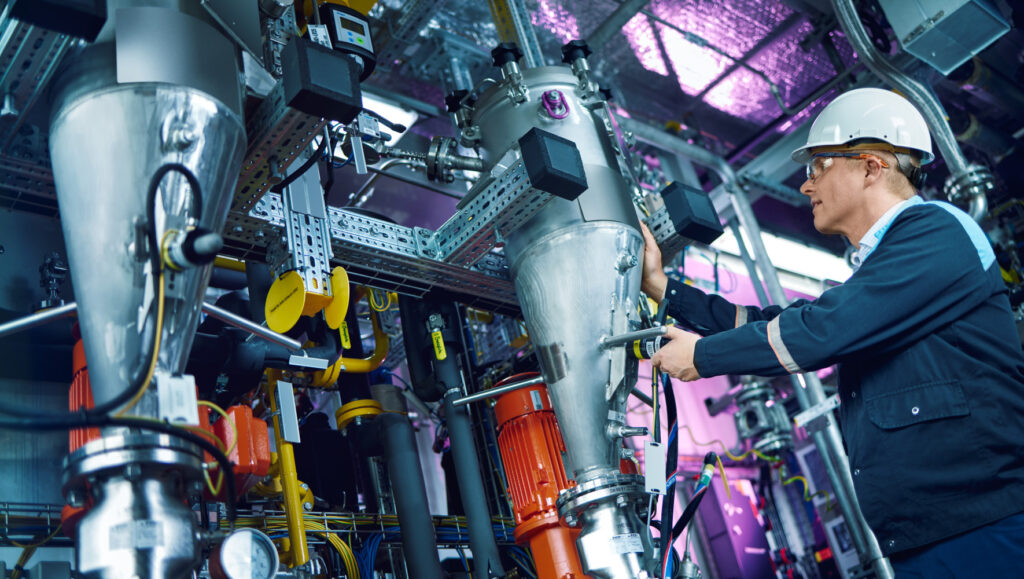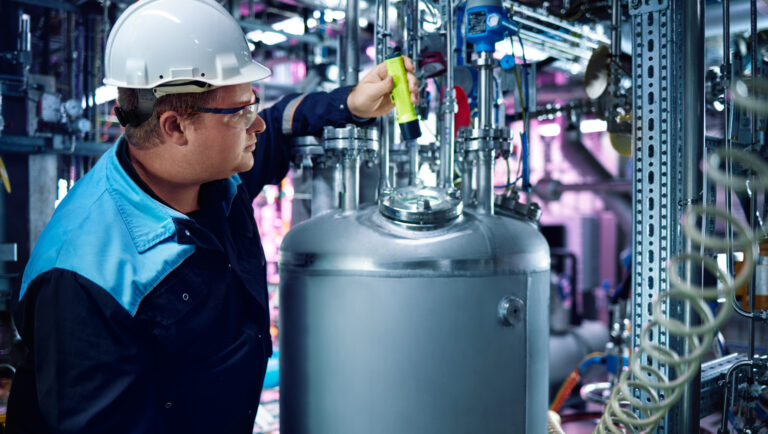Materials specialist Covestro has begun operations at a specialized pilot plant for the production of bio-based aniline, as the company looks to refine its manufacturing technology to enable industrial production of the petroleum-free material.
Aniline is used in the plastics industry, particularly in the production of MDI, which is used in insulation foam, contributing to energy efficiency and lower CO2 emissions in buildings.
Currently, global aniline production stands at approximately six million tons annually, with demand growing steadily.
The plant is located at Covestro’s Leverkusen site. The opening ceremony was attended by North-Rhine Westphalia’s deputy minister president Mona Neubaur, professor Walter Leitner from the Max Planck Institute for Chemical Energy Conversion and Covestro CTO Dr. Thorsten Dreier; at the event they outlined the importance of bio-based raw materials to the future sustainability of the chemical industry.
“Until now, aniline has been produced from fossil raw materials such as petroleum, which releases CO2 and fuels climate change. With our new process, we are contributing to building up a circular, bio-based economy, and I am very proud that we have now succeeded in making the jump to the next technological level,” Dreier said.
Research on bio-based aniline receives support from the German government. A follow-up project, called Bio4PURDemo, involving Covestro and its partners and running until 2025, is being funded by the Germany Ministry For Food and Agriculture. Collaborators include RWTH Aachen, the CAT Catalytic Center, the University of Stuttgart, and associated technology transfer initiatives.
Neubaur said, “In order for the industry to continue on its path toward a circular economy and climate neutrality, it needs planning and investment security above all. As the state government, we are therefore working hard to ensure that North Rhine-Westphalia remains an attractive business location and becomes the first climate-neutral industrial region in Europe.”




